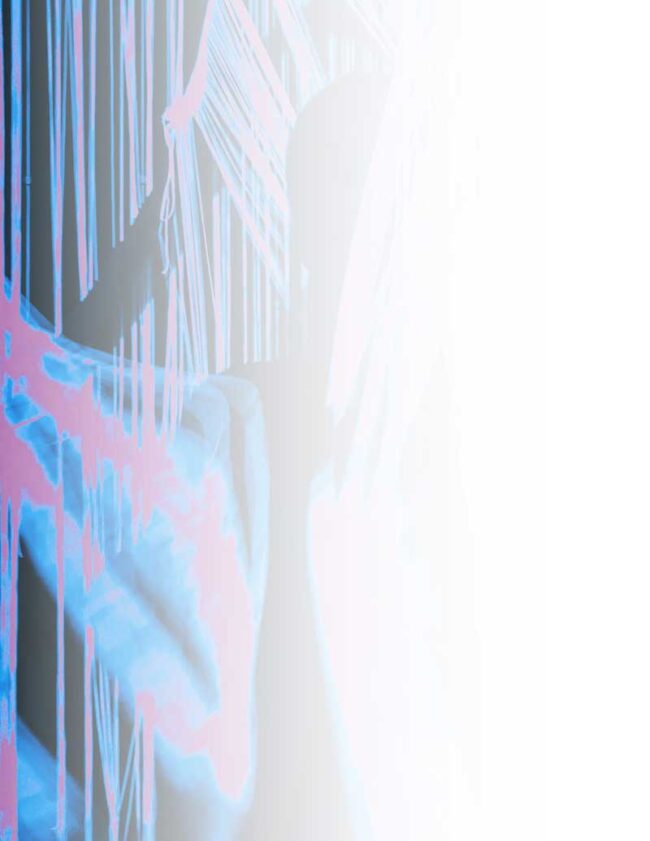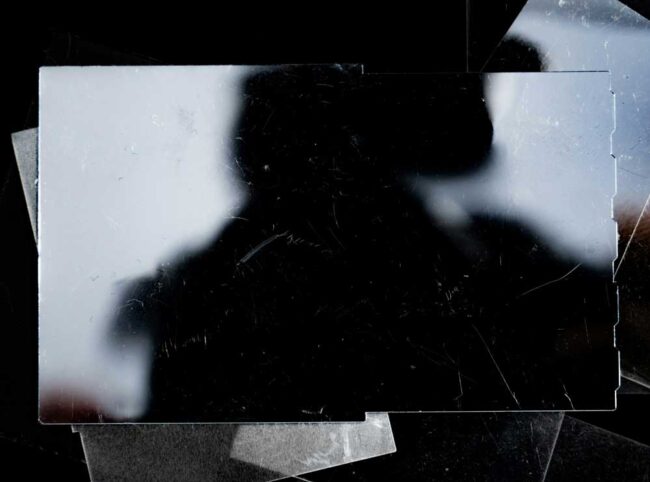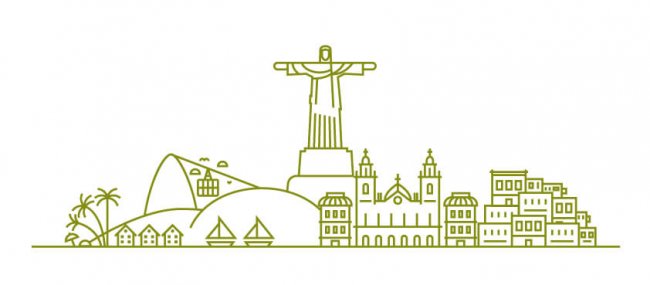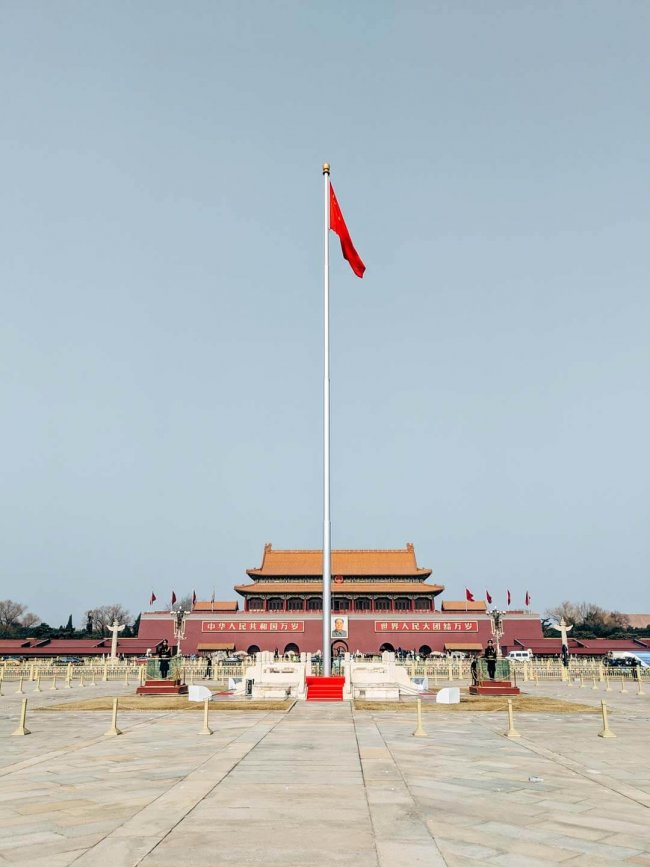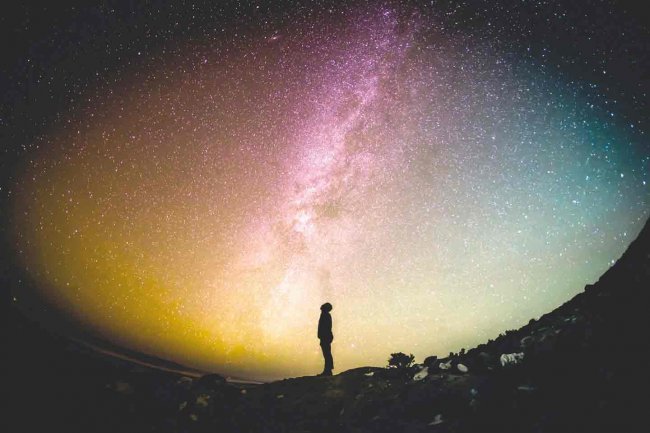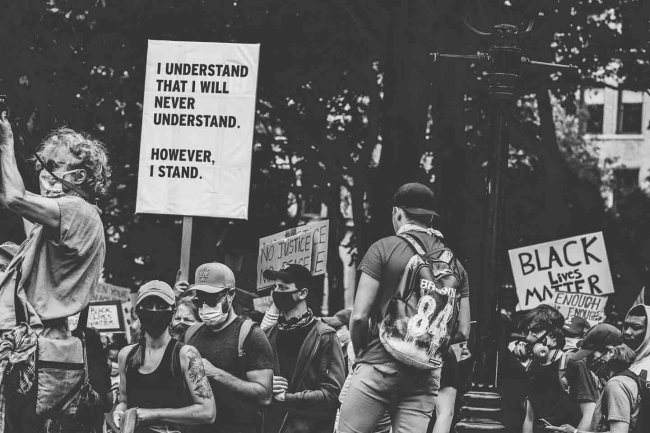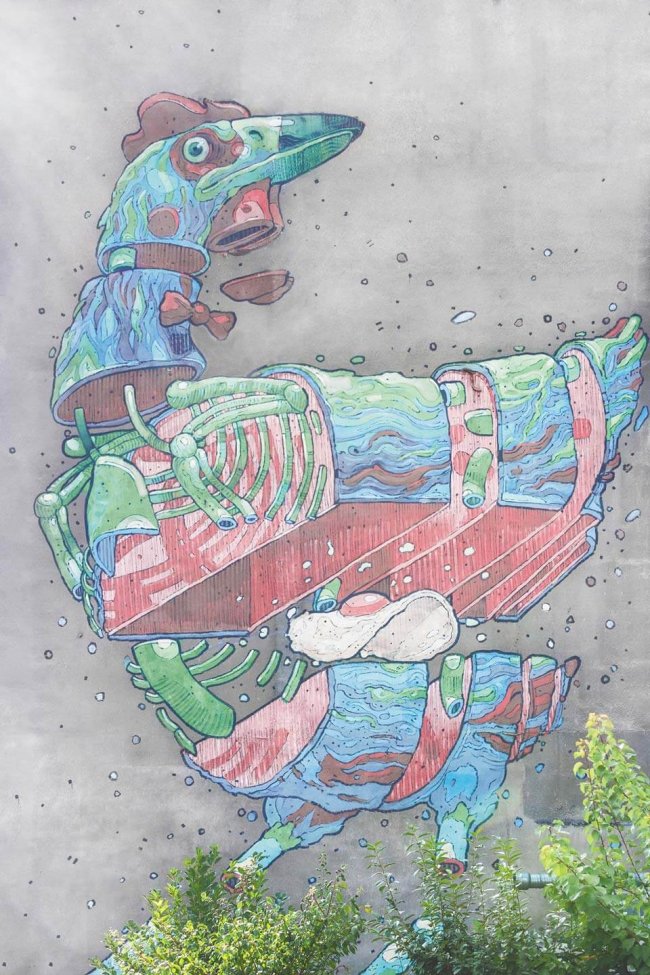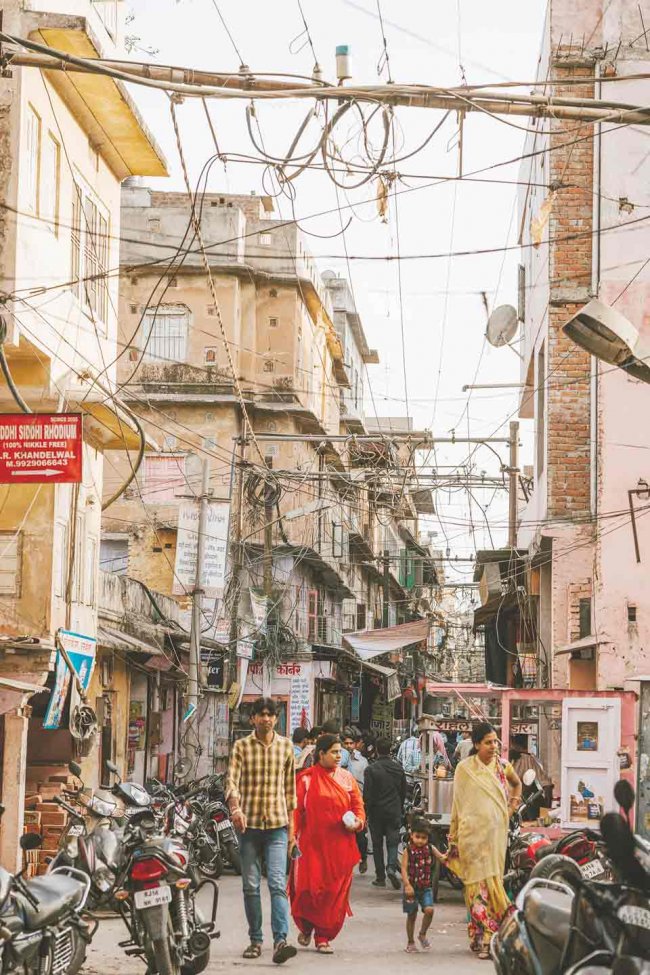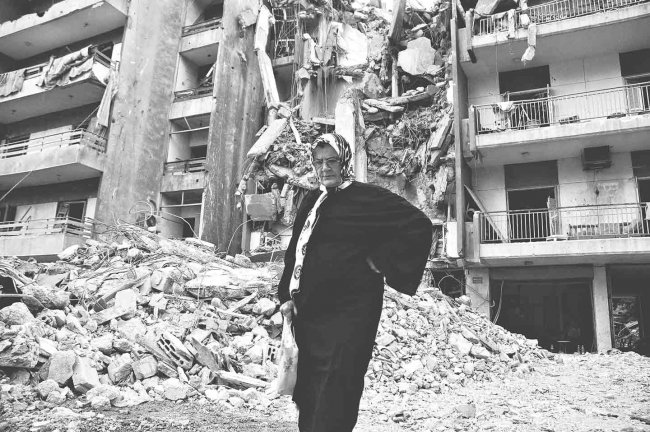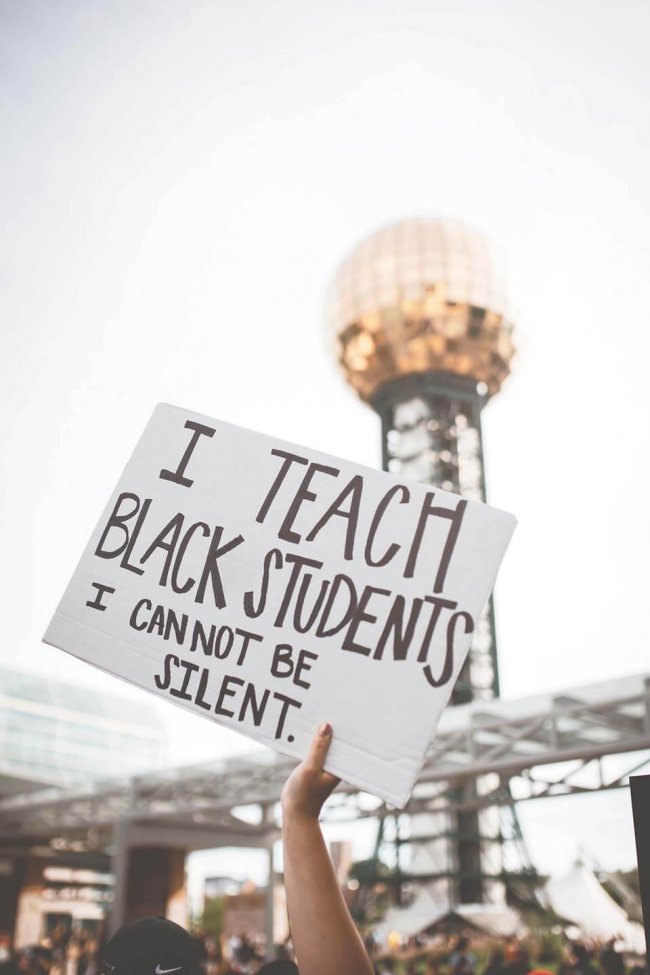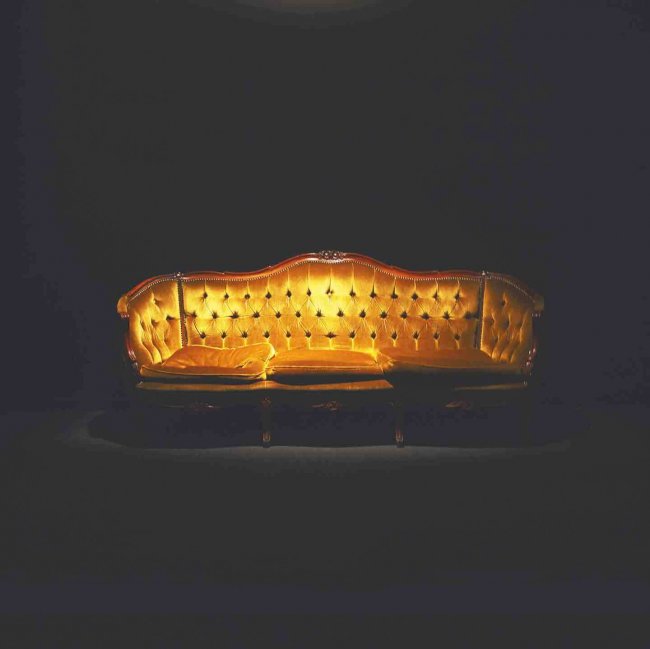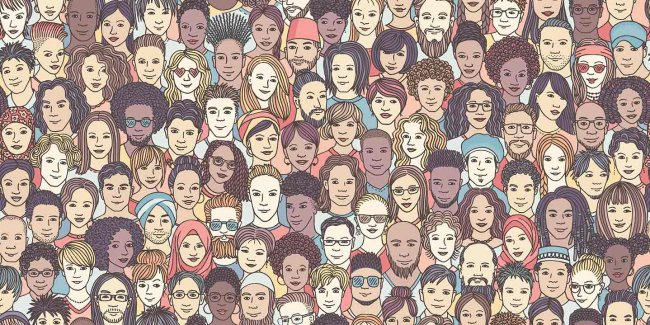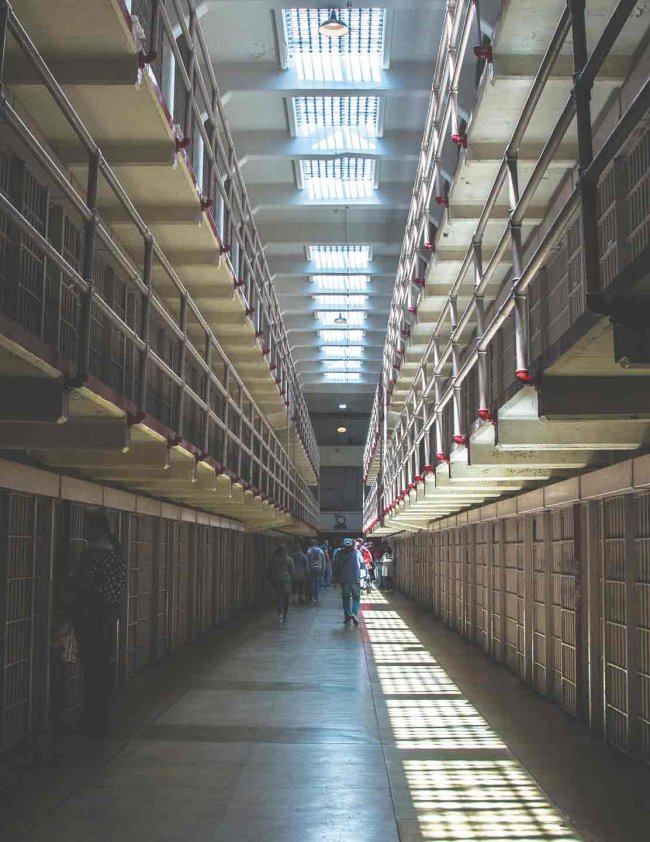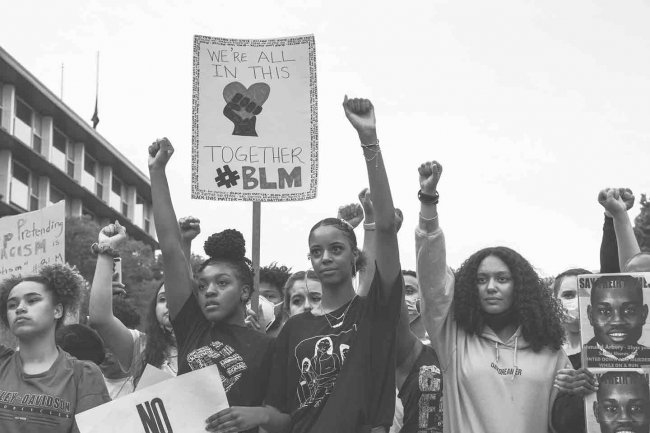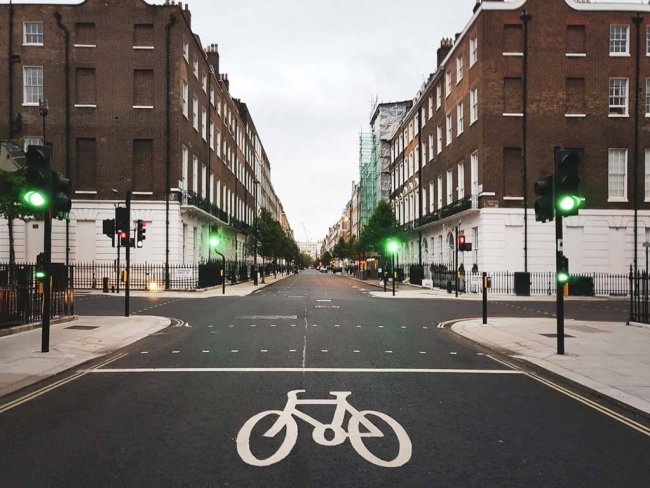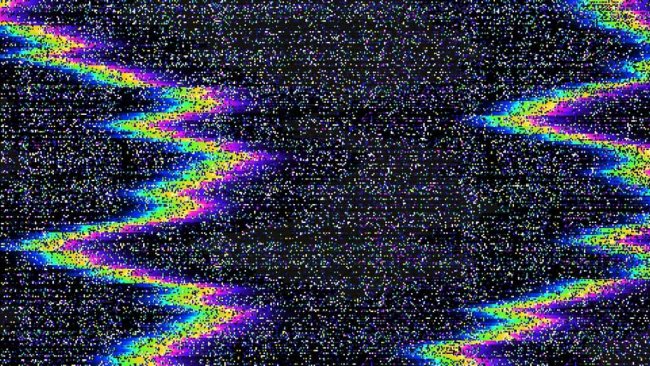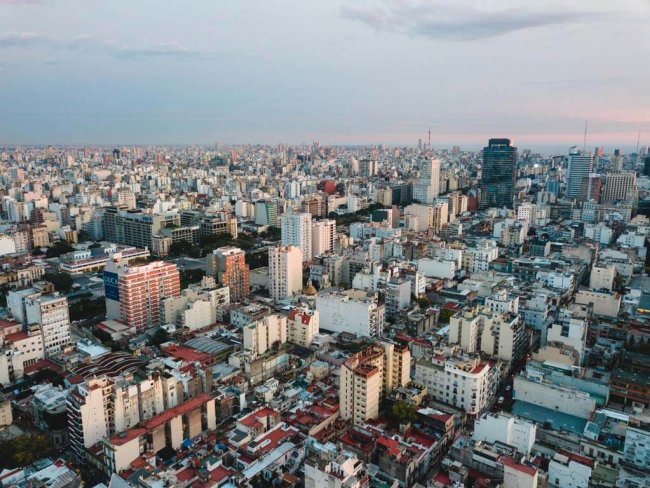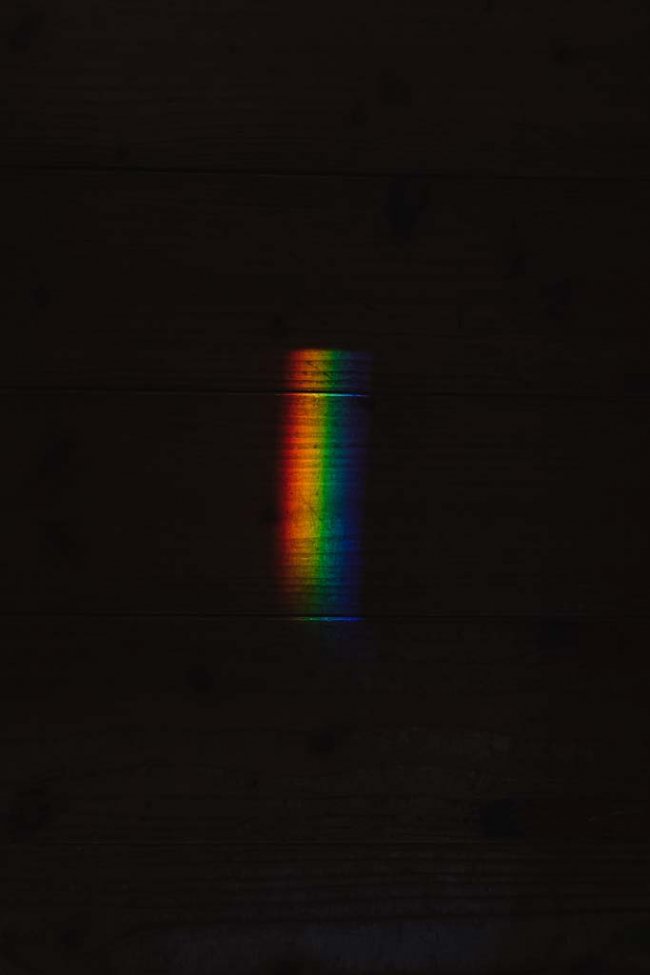A Sea of Mothers by Ann Augustine
[…] It may be that my security comes not simply from a “good enough” mother, as Winnicott theorizes, but from “good enough” mothering—a multitude of mothers who created a collage of mothering and a patchwork of sufficient “reliable holding” for me to draw on. I also wonder whether there is a different kind of security that grows in the gaps of not having a mother—that some of my security comes not in spite of, but perhaps because of, these early losses. As I look back, I know that in the free-falling, I grew a sense of being carried—not by any one person, but by life itself.


